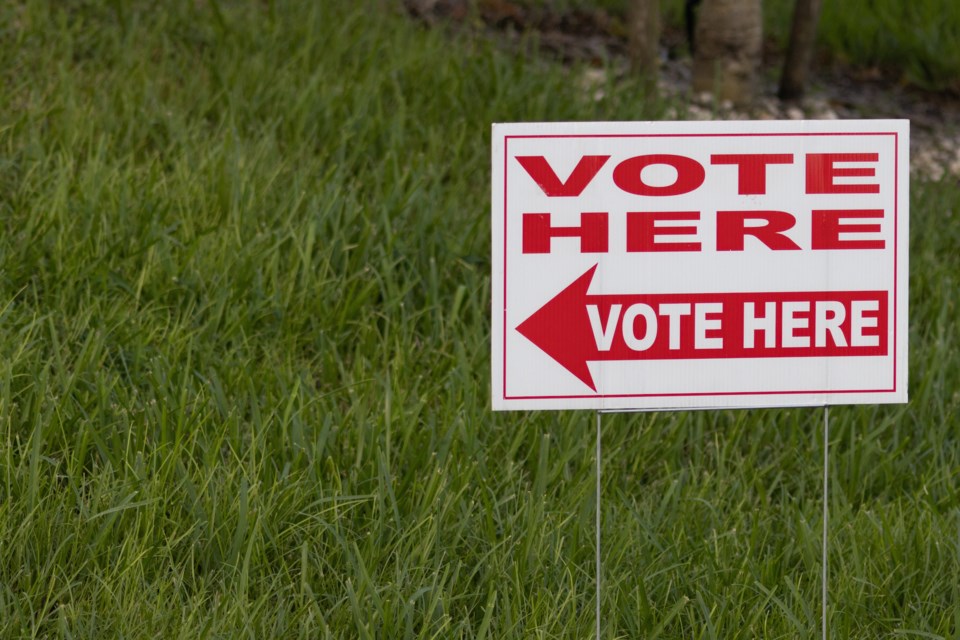The message on the side of the bus was simple and direct, “Money doesn’t grow on trees, but it does in your home!”
Now normally the wraparound advertisements on city buses don’t bother me. I do occasionally note if I’m sitting in the bus advertising a regional pizza chain, or a local emporium for adult toys, but the ad I’m referring to above was bought by a local realtor, and my first and most furious thought was, “Are we still doing this bullshit?”
The "bullshit" I’m referring to is the one where we sell homes like junk bonds. Maybe the realtor themself realizes that this ad is out of date, maybe they don’t care, but I think we should all bristle at the idea that there are still people out there who consider precious homes like any other investment, meaning it's just another way that rich people can enrich themselves.
Earlier this year, there was a local story that one out of every five houses sold in Guelph last year was bought by someone who doesn’t intend to live in it. That means those houses are being used as rental properties, second homes, or some place for people to park their money for a while.
The money is certainly growing in those properties, but if you’re able to afford the best seed, the best fertilizer, and show little regard for municipal watering restrictions, making money grow is easy. The vast majority of us though just want an affordable place to live.
Housing affordability matters were back on the front burner this week (assuming it’s ever a back burner matter these days) with a couple of things.
First, Premier Doug Ford and his team did a victory lap at the AMO conference about the Strong Mayors, Build Homes Act, even though its mention didn’t get so much as a polite golf clap during Ford’s mostly well-received speech.
The second thing was the media coverage of Abhi Kantamneni’s announcement that he’s leaving town. The seemingly fatal loss of 'Guelph’s Map Guy' probably illustrated better than any statistic that Guelph is getting more unaffordable, and given the fact that Abhi’s highly educated and active in the community, the question sits there in the back of your head: If he can’t make it here, who can?
You may have heard that there’s a municipal election this fall. As I’m writing this, I’ve got one eye on the city’s candidate page and I’m refreshing it every once in a while to see the latest names signing up to run, and in the last week of nominations, we finally saw challenges to Mayor Cam Guthrie’s near-coronation for a third term. What’s interesting though is who these candidates are.
The first challenger was Danny Drew, the founder of the Library of Things, which gave away useful items and locally grown food at a picnic table in the Ward. Drew introduced themself in a press release as a “local non-binary communist”, and in a way they’re saying right off the bat that they’re everything that Guthrie is not. (But if you can’t proudly say you’re a communist in Guelph, I don’t know where you can.)
The second challenger was Nicholas A. Ross, who ran for mayor in 2014 as a proverbial voice for all the things no one in that campaign was talking about. He’s someone who’s experienced homelessness, and living with a disability, and it honestly feels like times have caught up to Ross because those are definitely issues in 2022. It feels right that he’s returned to the political stage for a curtain call now.
Private investigator and professional bodyguard John Edward Krusky is also running for mayor after filing his papers on Wednesday, one day after Ross and Drew, but I focus on them because their presence will draw a very stark reality for voters in this election.
Guthrie’s going to be on the campaign trail saying that there’s no problem in Guelph that’s unsolvable, and will tout the outsider analysis like the recent Rentola ranking that called Guelph the second best metropolitan Canadian city to live in. Alternatively, Drew and Ross will likely be saying that’s hogwash; social services are underfunded, our transit system’s anemic and the rent is too damn high!
In other words, this is the battle of the two Guelphs, the one that the city talks about in rosy-sounding press releases and shiny-looking social media posts, and the reality on the ground for the thousands of Guelphites who can’t pay to play. Or, like the Map Guy, can’t pay anymore.
In the 1980 U.S. Presidential Debate, then-Governor Ronald Reagan posed the rhetorical question, “Are you better off now than you were four years ago?” I have a lot problems with Reagan – he saw the world as black and white, his policies crashed the economy after super-charging it, and he only realized nuclear war is bad after seeing a TV movie about it – but he was right about this.
Are you better off now than you were four years ago? Yes, yes, I know, the pandemic, et cetera, but does it feel like Guelph is on the right course, and if it’s not, how do we get back on the path?
To be continued ...
